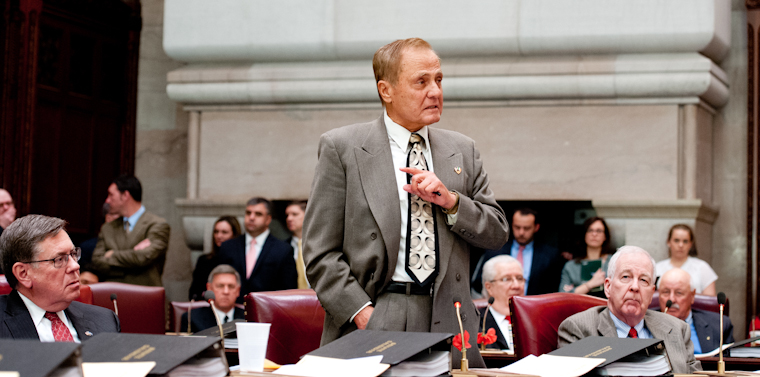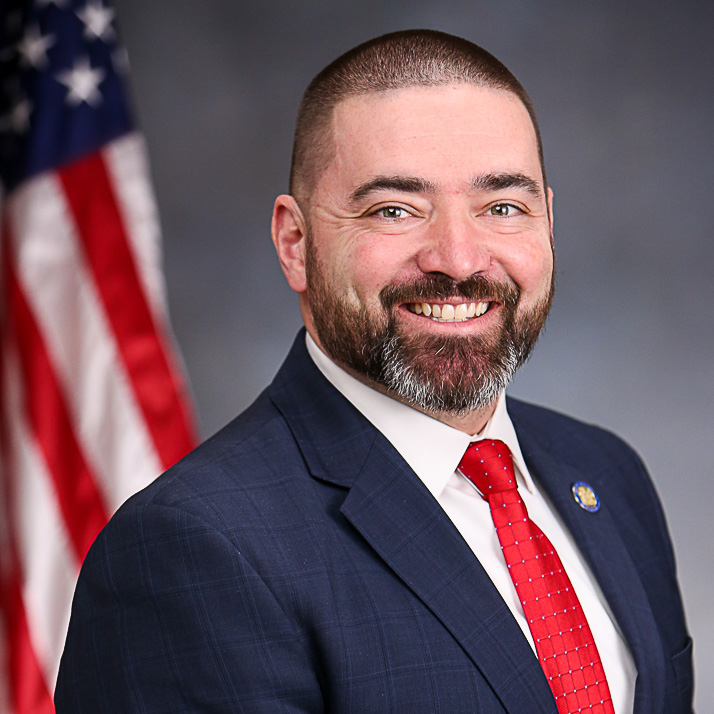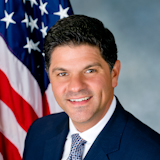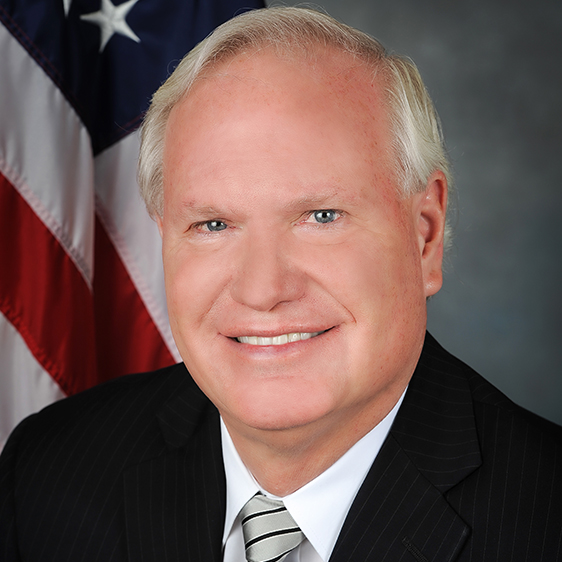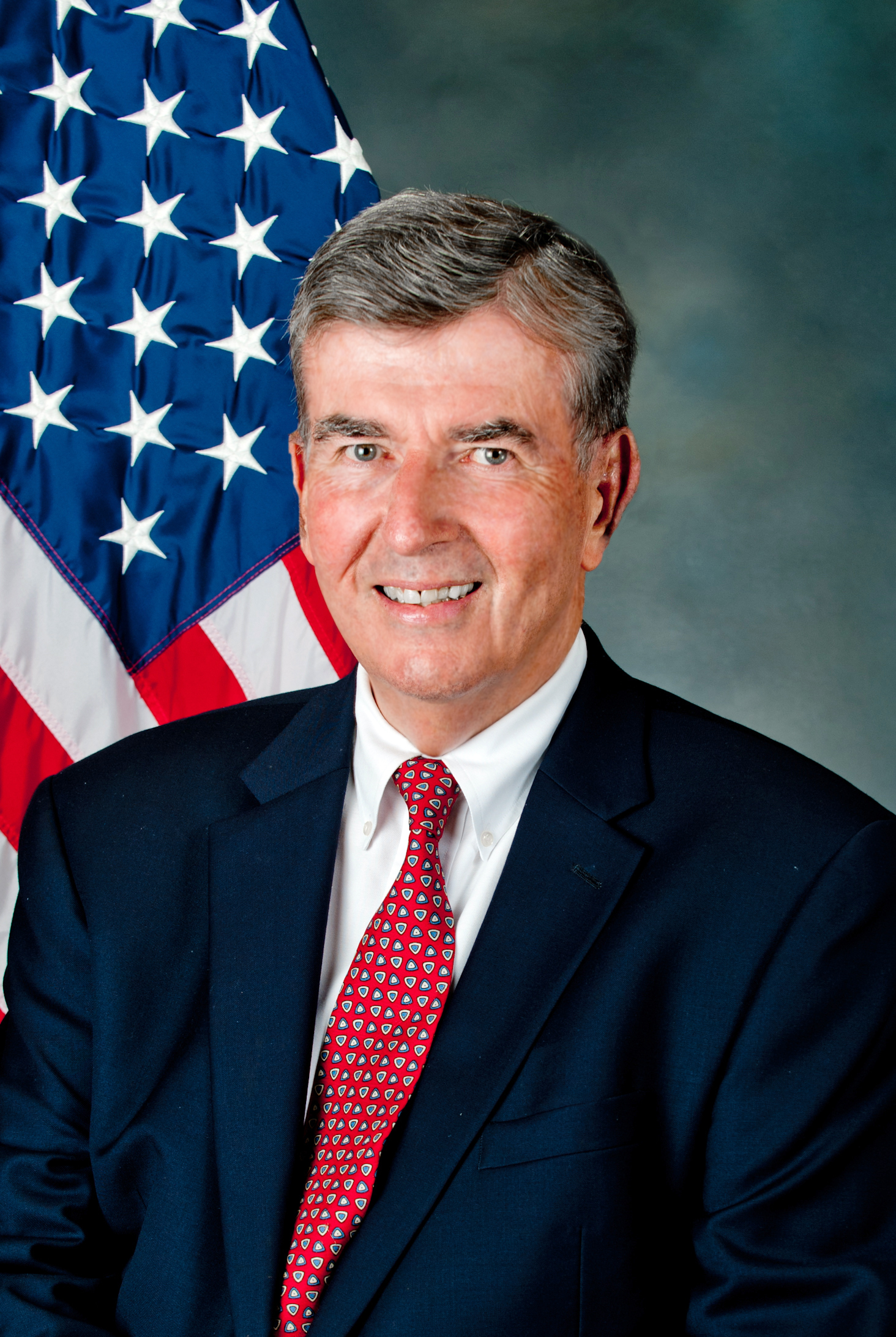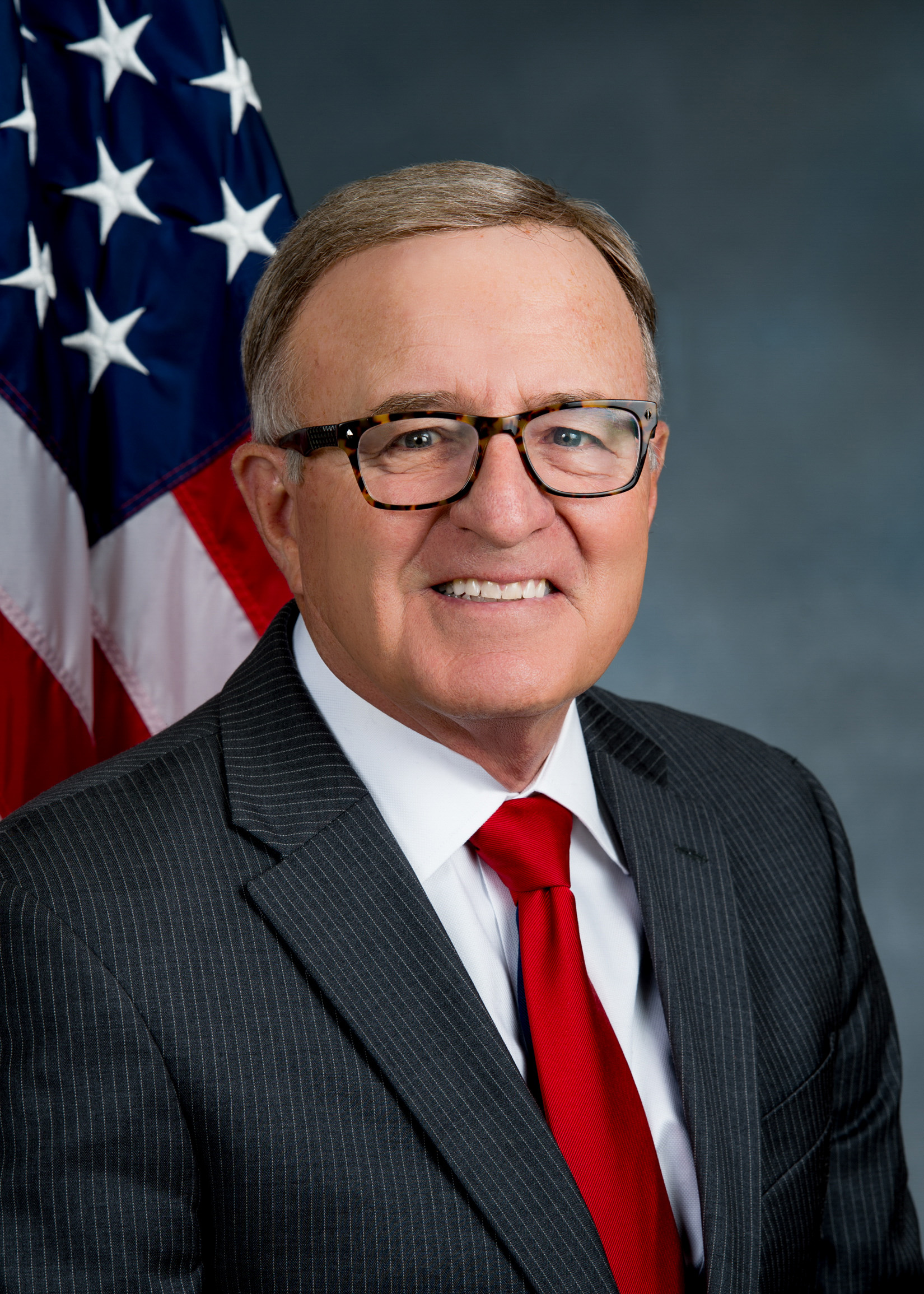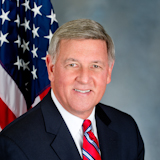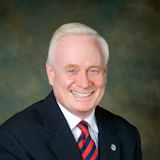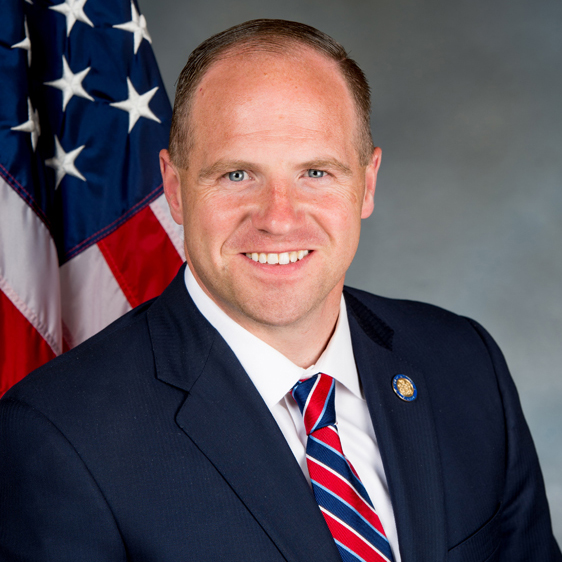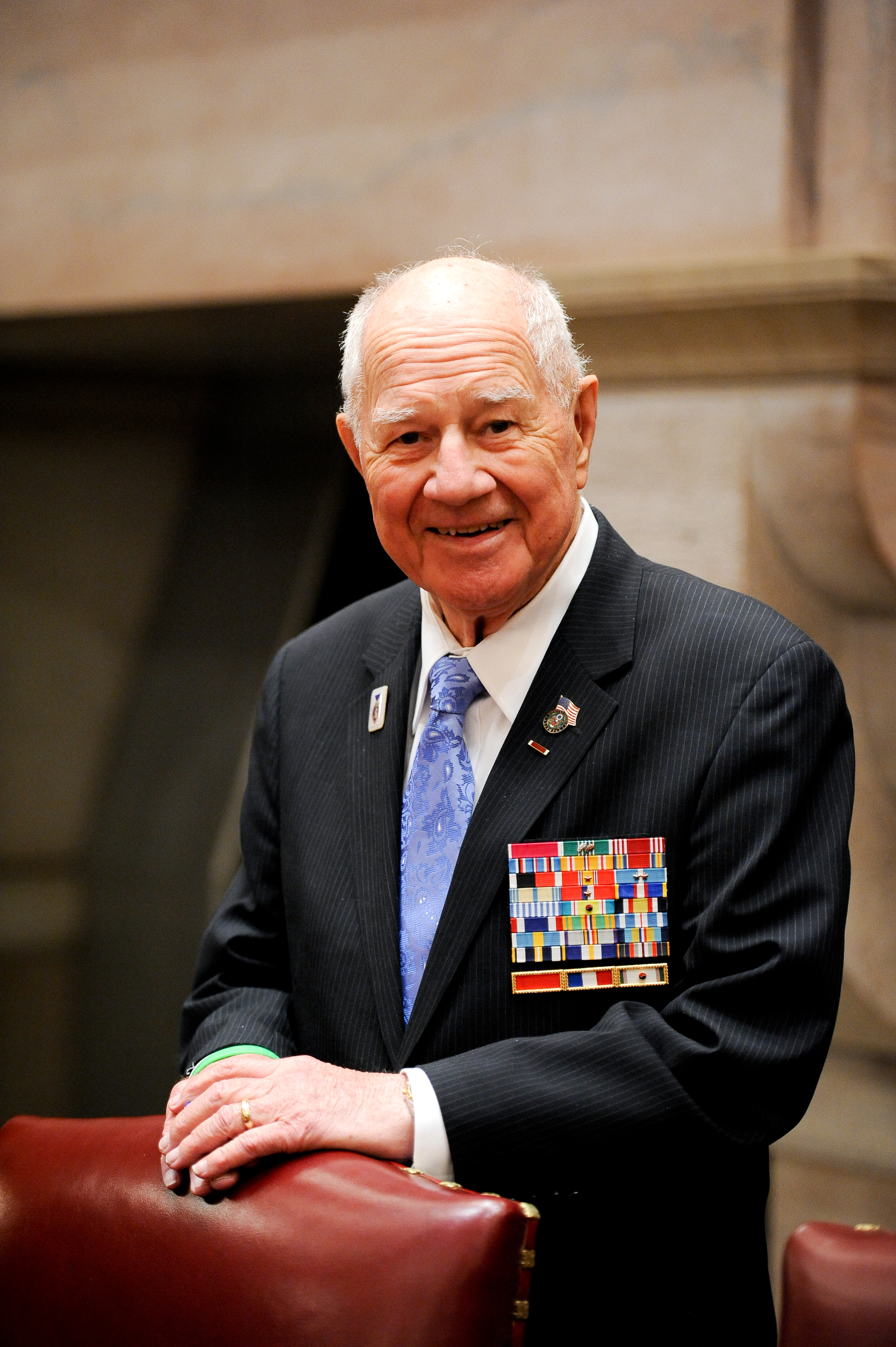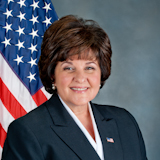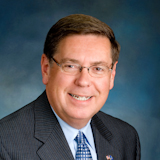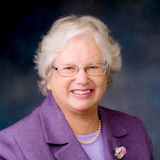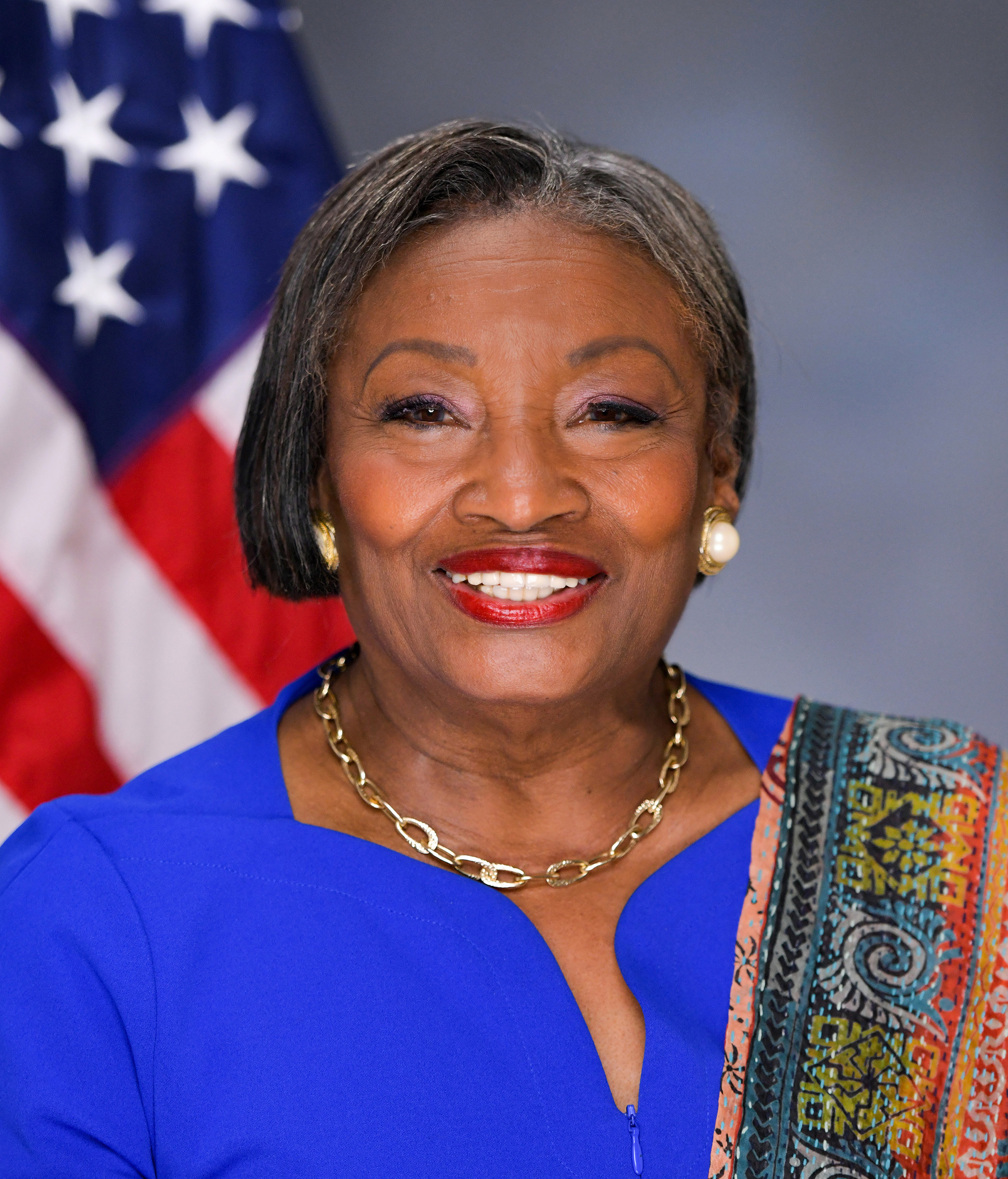2017-J4489
Senate Resolution No. 4489
BY: Senator BONACIC
COMMEMORATING the 50th Anniversary of the
University Police of the State University of New
York
WHEREAS, The quality of life in New York State is largely reflective
of the commitment and dedication demonstrated by members of the agencies
which serve to protect, preserve and maintain public order; and
WHEREAS, It is the sense of this Legislative Body to recognize and
honor those distinguished citizens who devote their life's work and
purpose to public service, contributing to the care and welfare of the
citizens of the State of New York; and
WHEREAS, Attendant to such concern, and in full accord with its
long-standing traditions, this Legislative Body is justly proud to
commemorate the 50th Anniversary of the University Police of the State
University of New York; and
WHEREAS, The brave men and women of the University Police have
tirelessly worked to make our SUNY campuses safe for academic, social
and research endeavors since its inception in 1968; and
WHEREAS, The development of the University Police evolved over time,
beginning with a security model and transitioning to full service
policing; today, University Police departments are found at 29 locations
staffed by more than 600 sworn personnel; and
WHEREAS, From 1948 to roughly 1960, SUNY law enforcement consisted
of campus safety departments that worked with local police departments
to deal with criminal matters; the main mission of these departments was
to provide general security and fire prevention services, and enforce
parking regulations; and
WHEREAS, By 1958, the Board of Trustees created the job title of
Institutional Patrolman, who had the legal title of Special Policemen
through the New York State Education Law; these policemen were
designated as peace officers and could make arrests for felony and
misdemeanor offenses, and could issue traffic summonses within the
geographical confines of the campus; and
WHEREAS, In 1968, the New York State Joint Legislative Committee on
Crime undertook a study to review campus security operations on State
University campuses and recommended the creation of a law enforcement
department on campus under university control; and
WHEREAS, Platt Harris, a retired member of the New York State
Police, was appointed Coordinator and eventually Director of SUNY Campus
Security Operations in 1969, and charged to create a law enforcement
program; and
WHEREAS, During the 1970s, various initiatives were completed under
the leadership of Director Harris including the first civil service
entrance examination for campus security officers, which was developed
and held in April of 1971; and
WHEREAS, Assisting Director Harris in these endeavors was the newly
formed SUNY Security Directors Association, composed of campus directors
and assistant directors; this would eventually become the organizational
framework for the SUNY Police Chiefs Association; and
WHEREAS, In the mid-1970s, the Director's Association advocated for
changing the name of SUNY law enforcement from security to police, and
in 1977, the Board of Trustees endorsed the public safety model as an
appropriate mechanism for campus departments to deliver a wide range of
safety and security services; and
WHEREAS, From 1987 to 1996, many changes occurred which included
increasing training hours to reflect police standards, changing the
color of the uniforms to blue gray, and embarking on legislative changes
to define officers as police in the Criminal Procedure Law; and
WHEREAS, The 1990s saw increasing national and state concerns on the
rise of violent criminal events on campuses, including a number of high
profile cases at SUNY campuses; after extensive University-wide debate,
the Board of Trustees approved a legislative initiative to change the
status of SUNY peace officers to police officers on November 18, 1997;
and
WHEREAS, Legislative changes were made to the New York State
Executive Law which would allow SUNY departments to take part in the
Police Accreditation Program; in 2006, the University of Buffalo became
the first SUNY department to achieve accreditation; and
WHEREAS, Today, under the able leadership of Commissioner Paul
Berger, University Police are well positioned to provide high quality
service to all community members; and
WHEREAS, The tradition of altruistic public service, heroism and
leadership embodied by the New York State Police Department is of such
magnitude as to be worthy of special, statewide recognition; now,
therefore, be it
RESOLVED, That this Legislative Body pause in its deliberations to
commemorate the 50th Anniversary of the University Police of the State
University of New York; and be it further
RESOLVED, That a copy of this Resolution, suitably engrossed, be
transmitted to Commissioner Paul Berger, University Police of the State
University of New York.
